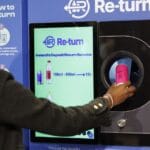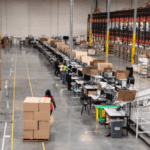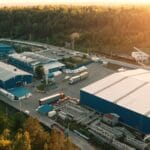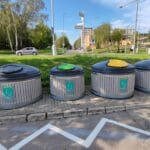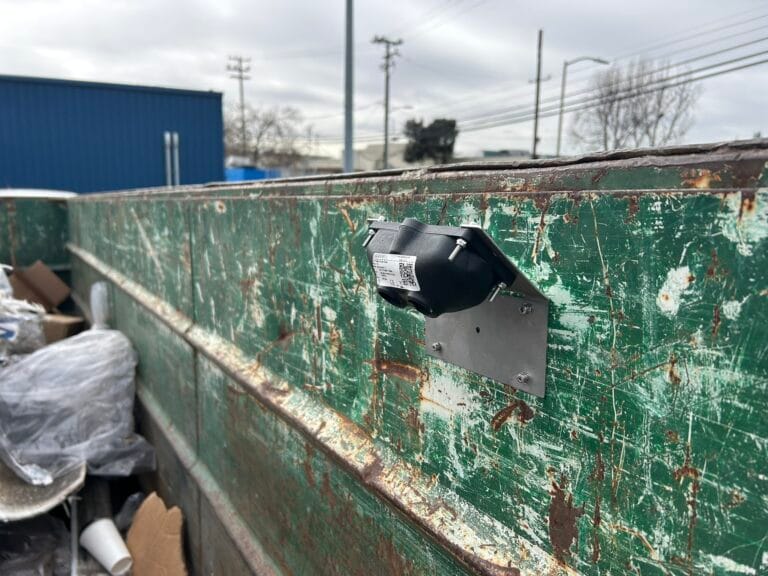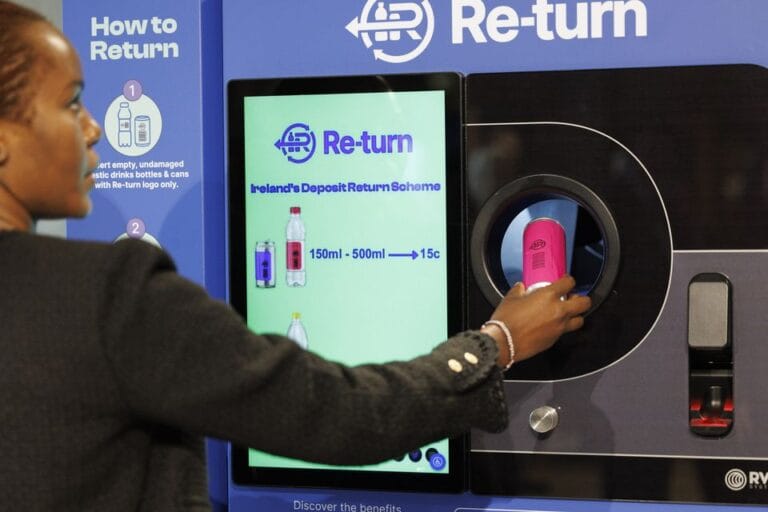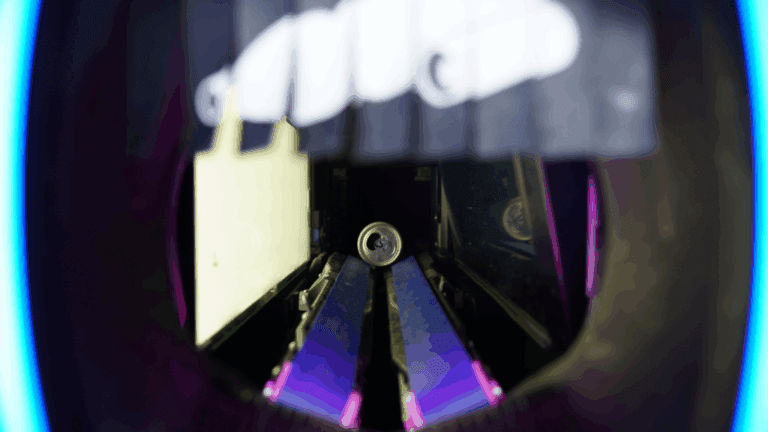Smart Monitoring of Semi-Underground Bins in Patras, Greece

126
Number of containers
Different streams
Type of waste
Semi-underground
Type of bins
Sensors
Used solution
Smart Waste Management as part of Open Mall Project in Patras, Greece
Project and customer description
While the world’s cities occupy only 2% of the land, they contribute to a staggering 70% of greenhouse gas emissions, bearing a significant share of responsibility for global climate change. These facts underscore the necessity for the development of sustainable urban solutions and dictate various requirements for the cities of the future.
The Municipality of Patras, being the third-largest city in Greece by population, has embraced innovative technologies in several sectors as part of its efforts to combat climate change, particularly in waste management. To address the issue of increasing waste production and its consequent effects, the Municipality of Patras has participated in the Open Mall project. The primary goal of this project is to develop solutions for enhancing public spaces through the procurement and installation of smart city systems and sustainable mobility systems.
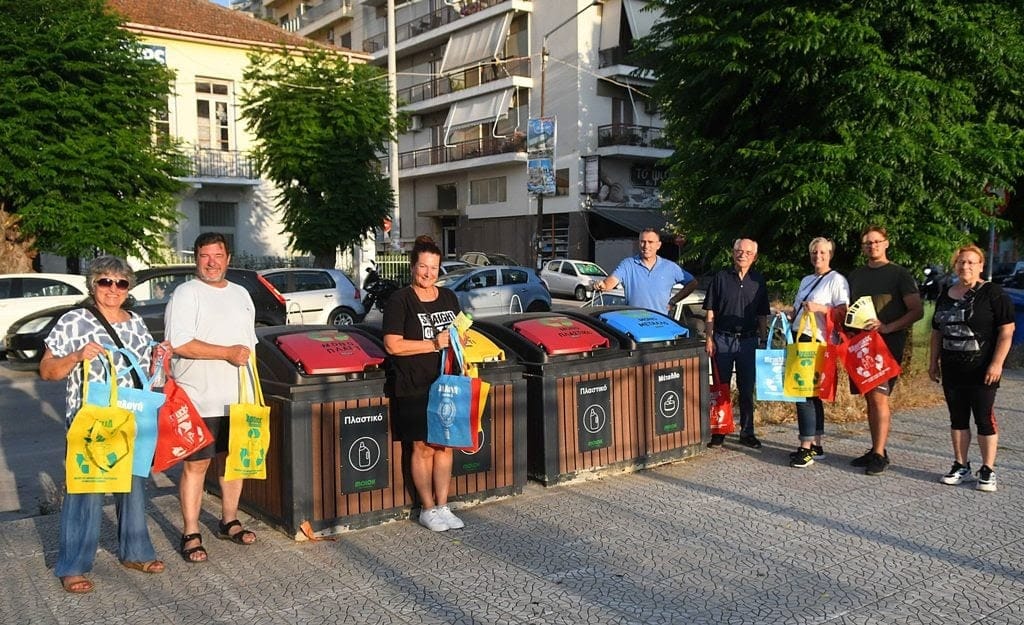
Challenge
The municipality’s interventions primarily focus on the functional and aesthetic improvement of the public spaces within the Open Trade Center of Patras. The strategies include bioclimatic design, energy conservation, enhancing accessibility for the disabled, and the implementation of modern systems and applications for a smart city and sustainable mobility.
Solution
To tackle waste management issues, Scirocco committed to supplying and installing semi-underground waste containers and smart waste management systems, including sensors and smart waste management software, encapsulated in the motto “CONFIGURE – MONITOR – PLAN!” The installed Molok semi-underground waste systems have become functional “recycling islands” due to their flexibility and adaptability, allowing for efficient volume management based on waste type, which maximizes space efficiency. Additionally, smart sensors in these waste systems enable the municipality’s waste collection staff to remotely monitor the fill levels of each container throughout the city. The smart waste system administrator oversees all containers on a digital map, which displays capacity, waste type, last measurement, GPS location, and collection schedules or pick-up recognition.
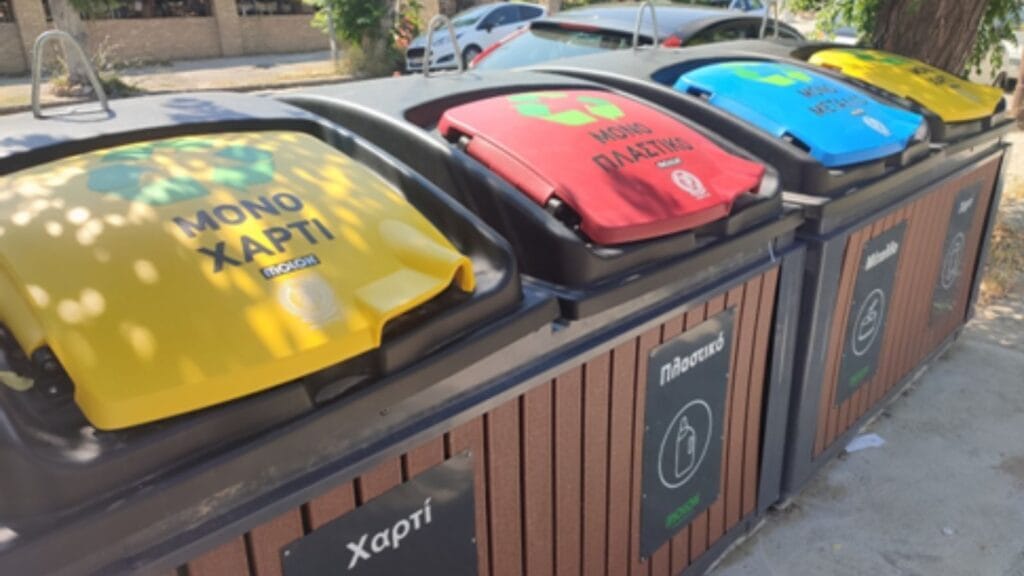
Impact
1. Economic benefits
Thanks to a more efficient system, fewer collection pick-ups are required, which significantly reduces operational costs. This also lowers fuel consumption, as collection vehicles do not need to make frequent routes. In addition, the need for personnel to carry out the emptying is reduced, resulting in labor savings and overall optimization of the service.
2. Environmental benefits
The emptying process is quieter, which decreases noise pollution in urban areas and improves residents’ quality of life. Cleaner and more aesthetically pleasing public spaces contribute to a positive city image and encourage the maintenance of order. Furthermore, fewer trips and lower fuel usage lead to reduced CO2 emissions, which has a direct positive impact on environmental protection.
3. Smart decisions based on real-time data
Sensoneo’s smart sensors provide real-time data on the fill levels of each semi-underground container, enabling proactive decision-making. Along with a powerful cloud-based platform, the municipality’s personnel (cleaning and recycling department) can monitor fill levels in real-time, predict collection needs, plan collection routes in advance, target only full containers, and generate pick-up reports. “CONFIGURE – MONITOR – PLAN!” contributes to the reduction of CO2 emissions and pollution by minimizing the number of garbage trucks on the roads, thereby decreasing driving time, fuel consumption, and CO2 emissions.
4. Reduction of operation costs
Smart sensors significantly reduce municipal waste collection costs by up to 50% when utilized alongside the Smart Waste Management Software System, thanks to fewer required routes, which saves on drivers, fuel, and vehicle maintenance.
5. Sustainable cities – A healthy environment for all
In the spirit of circular economy and sustainability, an increasing number of cities and municipalities are incorporating waste management-related projects into their agendas.
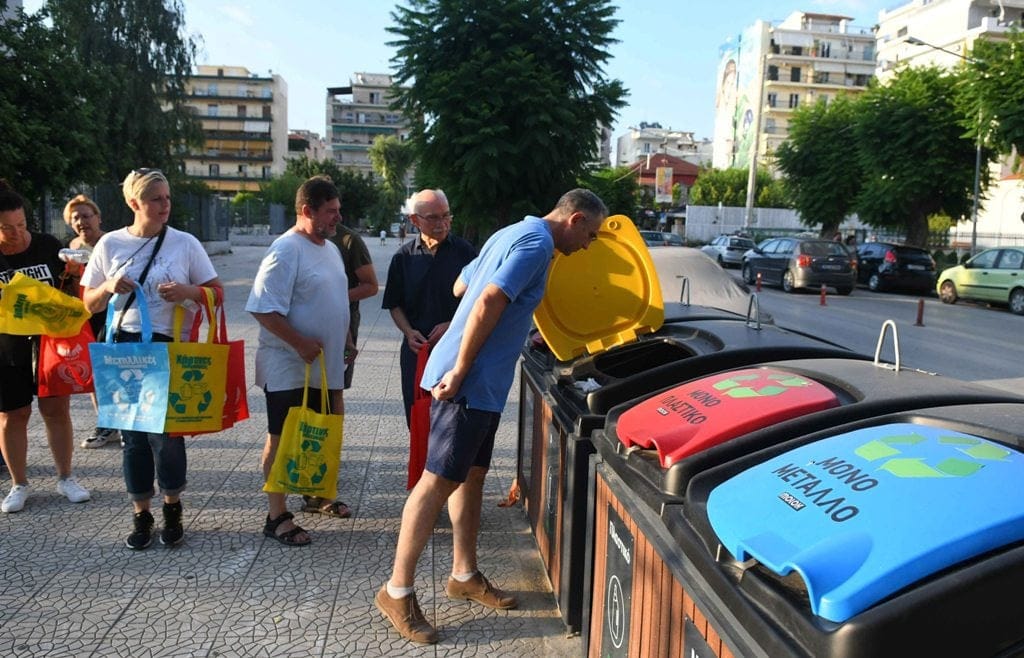
Key achievements
- Optimized waste collection through digitalized monitoring and planning
- Significant reduction of operational costs and resource use
- Lower CO₂ emissions and quieter, cleaner urban spaces
- Improved decision-making with real-time data and predictive analytics
- Enhanced sustainability and contribution to circular economy goals
Source of photos: Scirocco, news-ta.gr, politeianews.gr
Selected success stories
Smart Waste Newsletter
Get monthly updates from our company and the world of waste!



